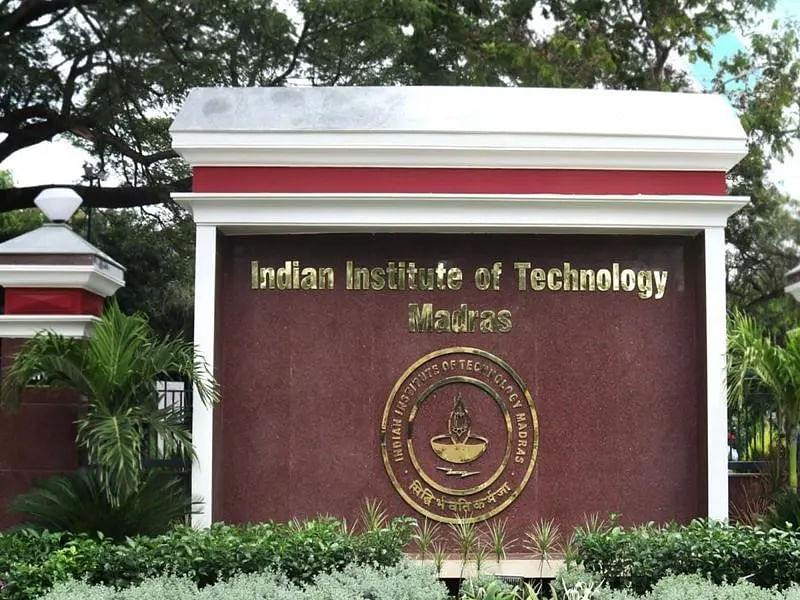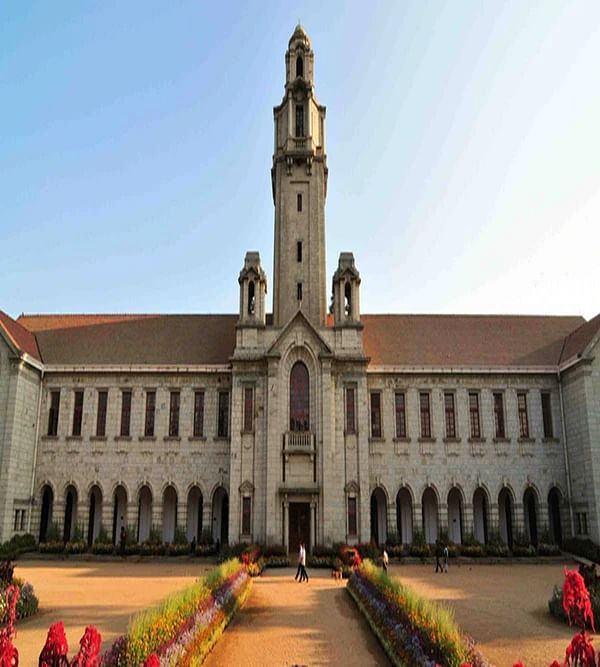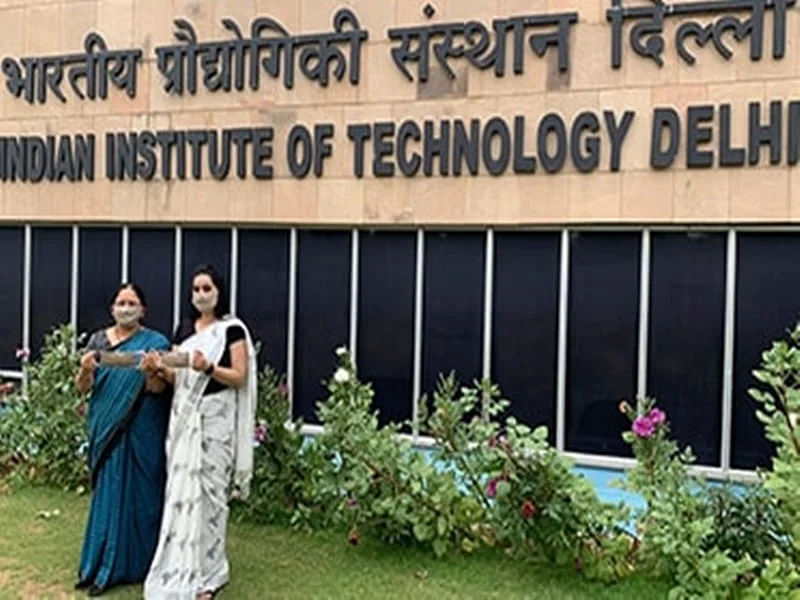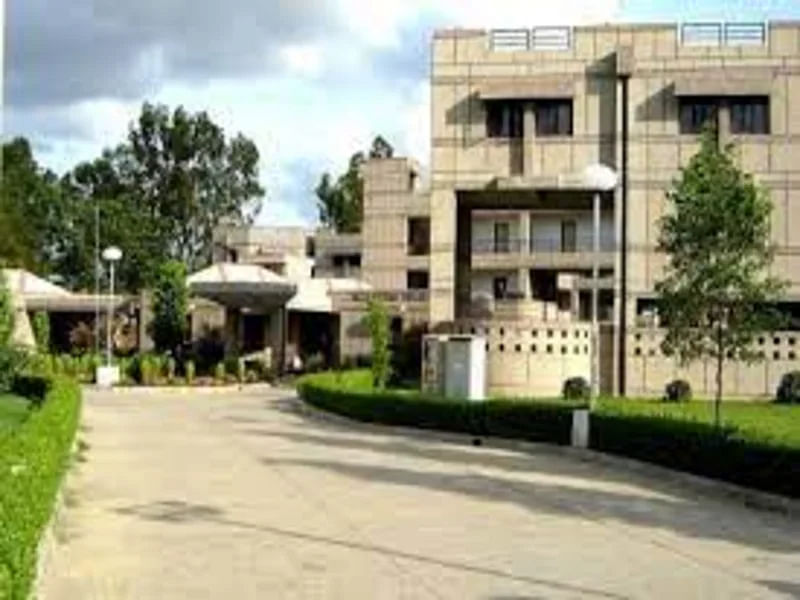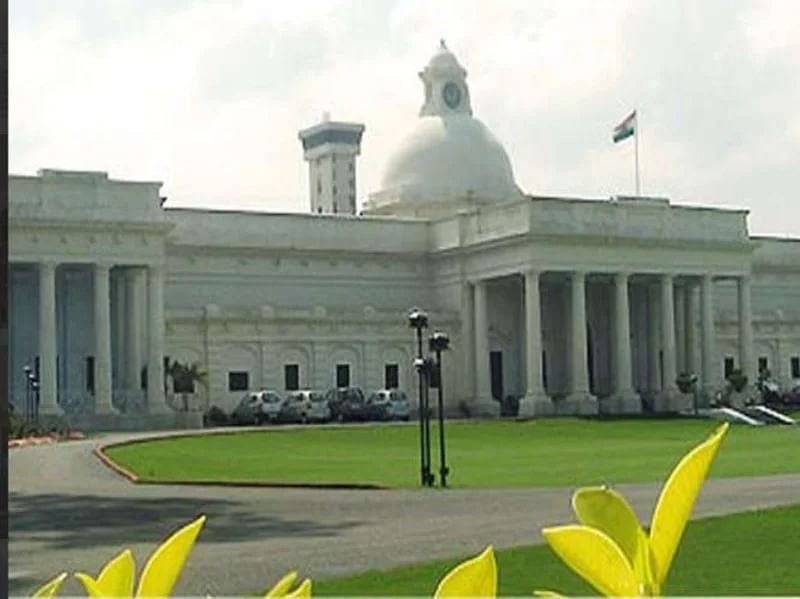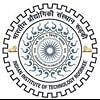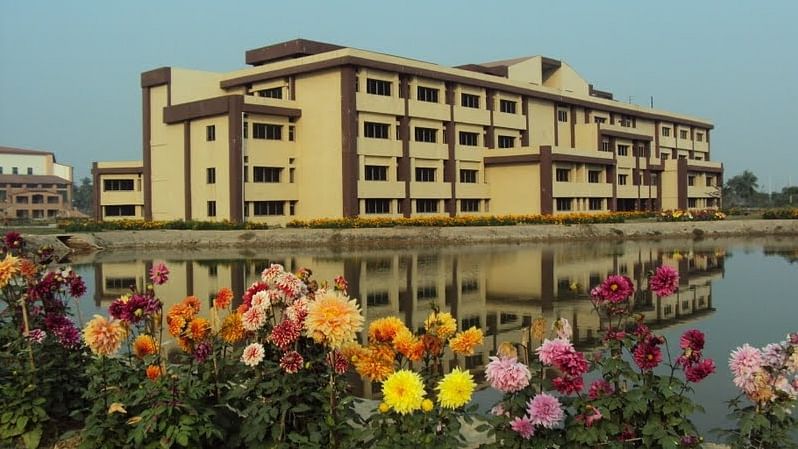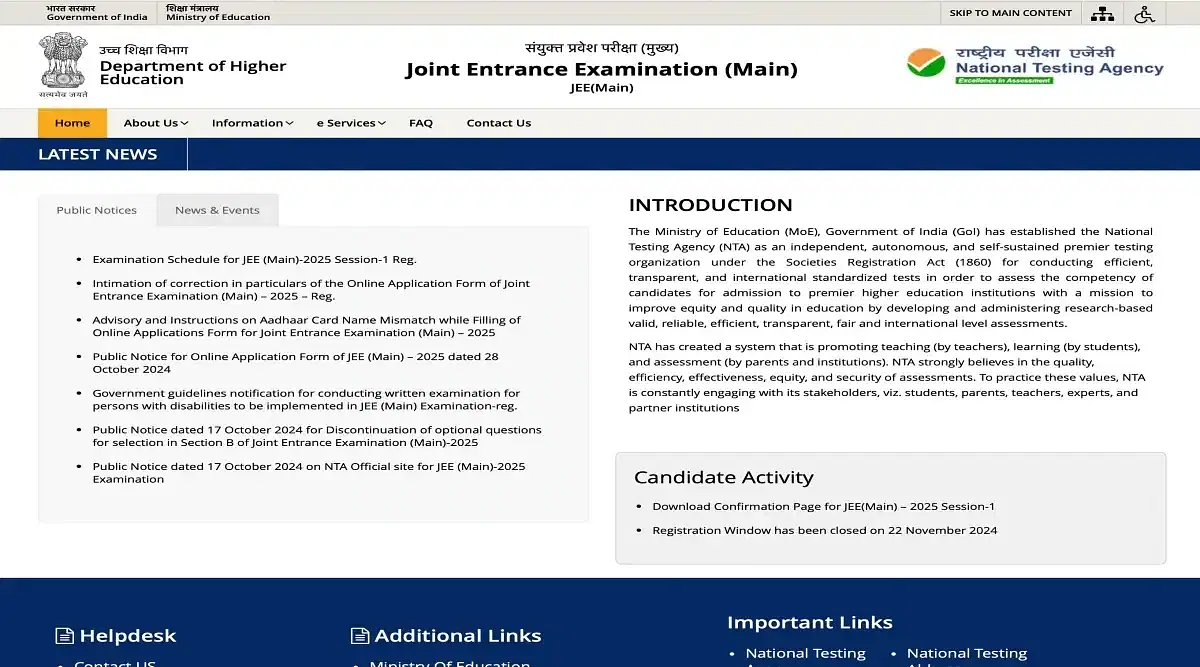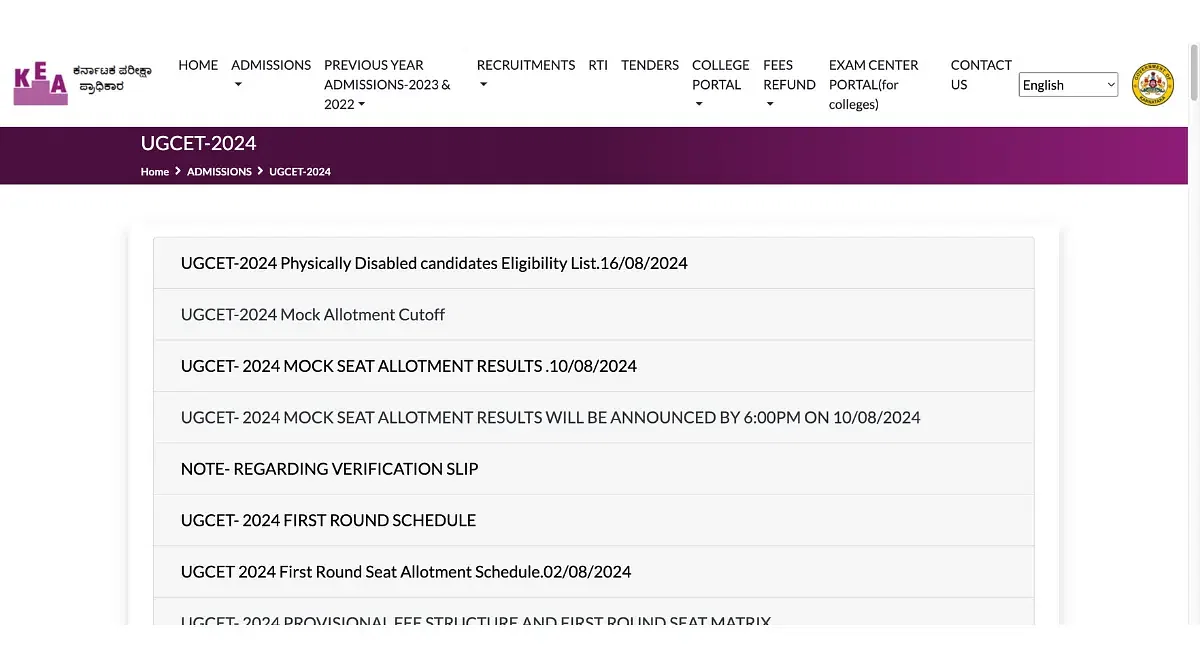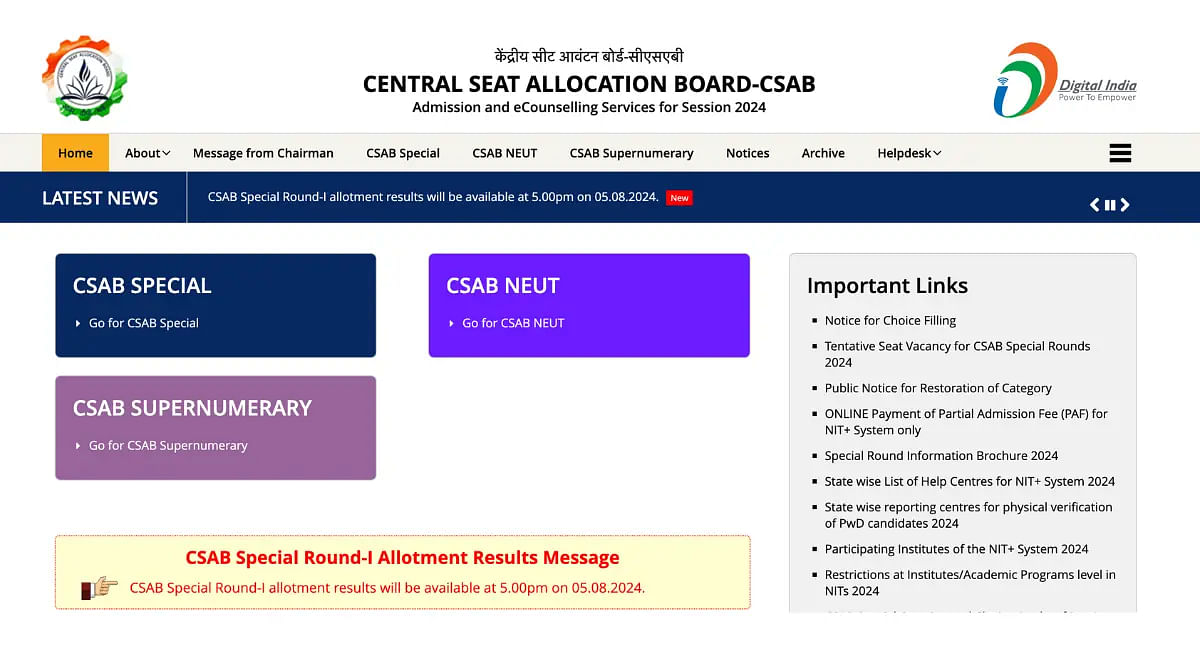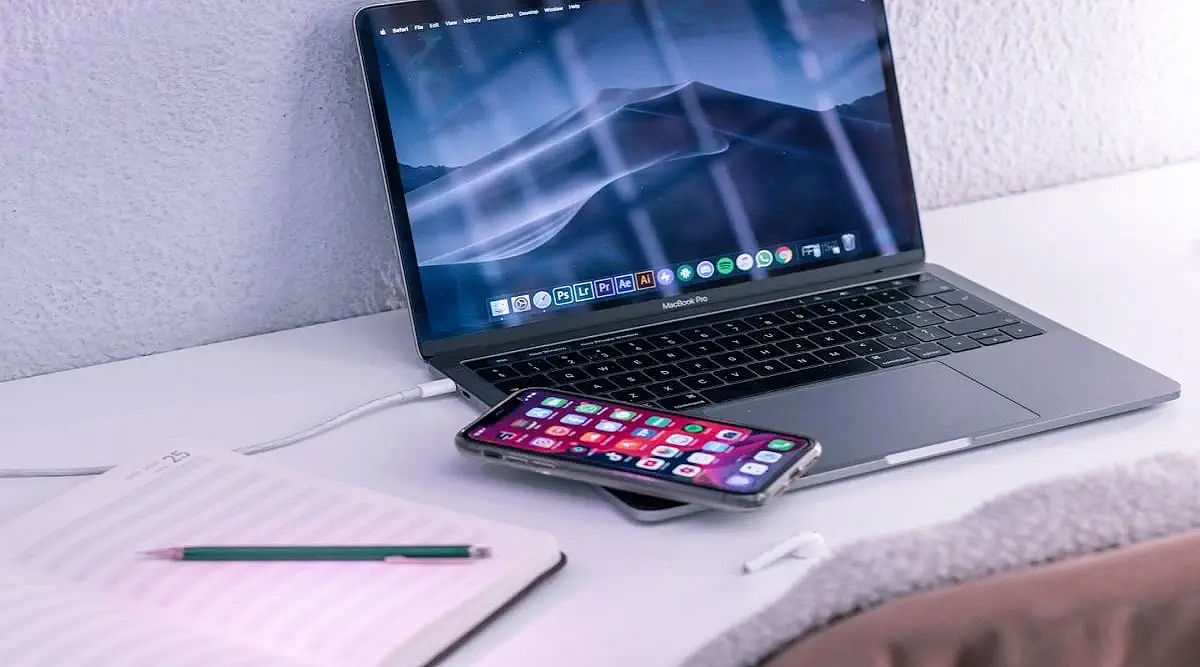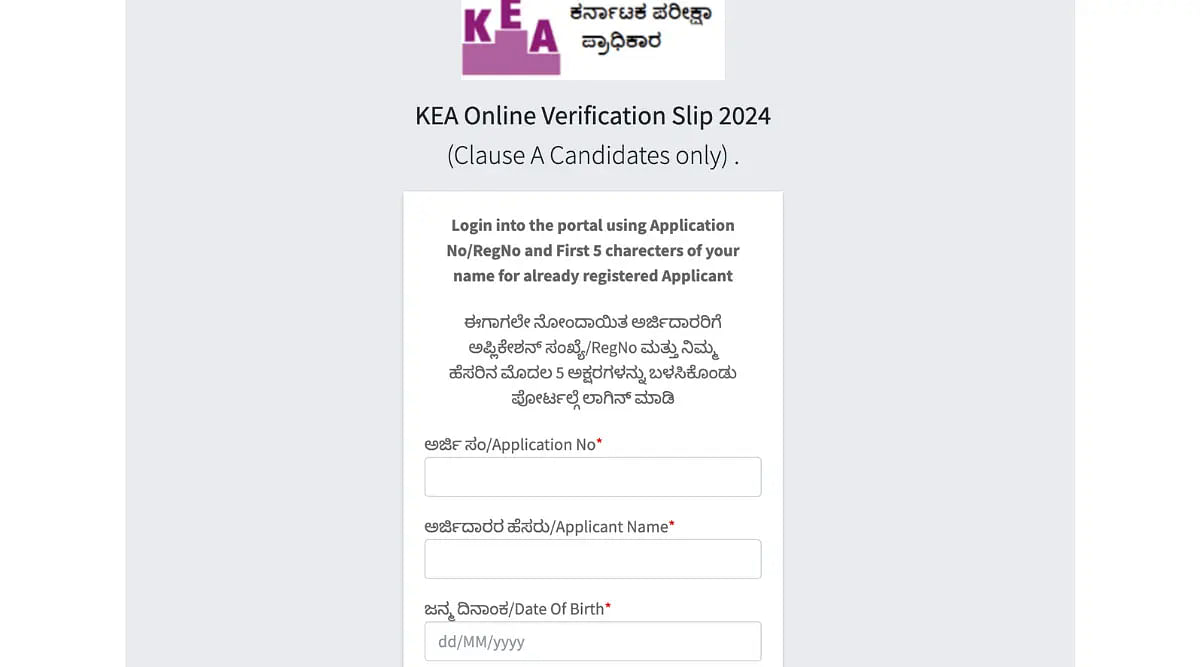BTech: Full Form, Courses, Fees, Eligibility, Admission, Duration, Colleges

BTech or Bachelor of Technology is a 4-year professional undergraduate engineering program, divided into 8 semesters that are designed to provide students with comprehensive knowledge and practical skills in various engineering disciplines, enabling them to contribute to technological advancements. The core BTech subjects include computer science and programming, basic chemistry, linear algebra, data structure and algorithm, basic electronics, etc.
B.Tech Admission 2024 in most institutions is based on marks scored in qualifying examinations like JEE Main, JEE Advanced, BITSAT, SRMJEE, etc. The basic eligibility for B.Tech courses after 12th requires the candidate to have passed 10+2 with Mathematics, Physics, and Chemistry subjects with a minimum of 50% marks. The course also has a lateral entry for those who have completed a Diploma in Engineering.
B.Tech job scope for graduates is vast as graduates can work in both private and public sectors in a range of roles like Computer Engineer, Civil Engineer, Mechanical Engineer, Electrical Engineer, Data Analyst, etc.
Table of Contents
- What is B.Tech Course?
- What is B.Tech Full Form?
- B Tech Eligibility Criteria
- Why Choose Bachelor of Technology Courses?
- B.Tech Admission 2024
- B.Tech Entrance Exams
- Top BTech Colleges in India with Fees
- B.Tech Specializations
- B.Tech Lateral Entry
- B.Tech Subjects and Syllabus
- Integrated BTech Courses
- BTech Bridge Courses
- BE vs B.Tech
- B.Tech Salary in India
- Courses After BTech
- Career Options After BTech
- B.Tech Scholarships
- Skills to Excel as a Bachelor of Technology Graduate
BTech Course Details
| Degree | Bachelors |
| Full Form | Bachelor of Technology |
| Duration | 4 Years |
| Age | 17 - 22 years of age |
| Minimum Percentage | High Degree (10+2) from a recognized Board with 60% in Physics, Chemistry, and Maths. |
| Average Fees | INR 2,200 - 6,00,000 per year |
| Similar Options of Study | Bachelor of Engineering [BE] |
| Average Salary | INR 2.5 - 6 LPA |
| Employment Roles | Software Engineer, Civil Engineer, Quality Analyst, Software Tester, etc. |
What is B.Tech Course?
B.Tech course duration is four years and offers various specializations like Computer Science, Civil Engineering, Electronics and Communication Engineering, Mechanical Engineering, Electrical Engineering, etc.
The B Tech course fees range between INR 2,200 - 6,00,000 per year, depending on the type of institutions and facilities offered. The BTech fees for renowned private colleges like BITS Pilani is INR 5,75,700 per year, whereas IIT Madras a prominent government college has an annual tuition fee of INR 2,00,000.
Students graduating from prominent BTech colleges in India like IITs, NITs, Bits Pilani, NIITs, etc., get good placement opportunities with an average package between INR 10-22 LPA, depending on domain expertise and experience.
Read more: Complete List of Engineering Courses
What is B.Tech Full Form?
BTech full form stands for Bachelor of Technology, a 4-year engineering-based undergraduate program covering essential studies of practical applications and core principles associated with several domains of engineering and technology such as civil, electrical, chemical, mechanical, computer science, and others. It is an industry-relevant program with hands-on training on recent developments in engineering specialties to establish career excellence in the competitive landscape of today's job market.
B Tech Eligibility Criteria
To be eligible for admission to a B.Tech after 12th, aspirants should have satisfied all universities' minimum cutoff criteria standards. Eligible students for Bachelor of Technology are selected based on the below criteria.
- The candidate should have completed 10+2 with Physics, Chemistry, Mathematics, and English as mandatory subjects with a minimum of 60% marks for the unreserved category and 5% relaxation is given for the reserved category.
- Aspirants must have valid marks in BTech entrance examinations like JEE Main, BITSAT, JEE Advanced, and other state-level exams like MHT CET, TS EAMCET, WBJEE, etc.
- The minimum age limit to enroll in the course is 17-18 years.
Why Choose Bachelor of Technology Courses?
BTech course or Bachelor of Technology is a professional undergraduate engineering program that enhances various technical skills. India produces over 10 lakhs of engineering graduates annually, with over 2500 engineering colleges. Below are some of the points on why a candidate should prefer doing a B Tech course.
- The number of software developer jobs is projected to rise by 25% between 2021 and 2031, according to data from the U.S. Bureau of Labor Statistics (BLS)
- This course is a perfect fit for students to get into various fields of engineering, with computer science or IT being the most opted choice.
- Candidates with high cutoff scores can be admitted to top engineering colleges like the Indian Institute of Technology, the Indian Institute of Information Technology, the National Institute of Technology, etc.
Read More: Why BTech? Top 8 Reasons To Opt B.Tech Courses
B.Tech Admission 2024
In the admission process for the Bachelor of Technology, students are taken in through merit quota based on their marks in state and national level entrance examinations. The cutoff for these would vary based on the college one chooses, the category one belongs to, etc.
Given below are the steps for B.Tech admission.
- Step 1: The candidate should clear the required entrance exam by the college.
- Step 2: The student should fill out the college application form through online or offline mode.
- Step 3: Once the application is accepted, based on the college, there might be a final round of group discussion or personal interview before confirmation of admission.
- Step 4: After the final merit list is published, the student needs to submit documents for verification and pay the admission fees.
Read More: B.Tech Admission Process
B.Tech Entrance Exams
Various BTech entrance exams are held in engineering institutes to gain admission to B.Tech courses. The entrance examinations can be divided into national-level entrance examinations like JEE Mains and JEE Advanced, state-level entrance examinations, and institute-specific examinations.
Listed below are some of the top BTech entrance exams:
|
BTech Entrance Exams |
Registration Dates |
Accepting Colleges |
|
Feb 2, 2024-Mar 2, 2024 (Session 2) |
NIT Jalandhar, LPU, IIT Bombay, IIT Delhi and more. |
|
|
Apr 21-May 6, 2024 |
IIT Delhi, IIT Madras, IIT Kharagpur, IISc Bangalore, and more. |
|
| December 2023- April 2024 (Tentative) |
BITS Pilani |
|
|
Nov 1, 2023- Mar 30, 2024 |
VIT Vellore, VIT Chennai, VIT Bhopal, |
|
|
Nov 10, 2023- Jun 15, 2024 |
SRM University |
|
|
Nov 10, 2023- Jun 25, 2024 |
KIIT, Bhubaneswar |
Read More: B.Tech Entrance Exams
Top BTech Colleges in India with Fees
The best BTech colleges in North India are IIT Delhi, IIT Roorkee, IIT Kanpur, whereas, the Southern part of India consists of the best BTech colleges ranking in the top 5 in NIRF Ranking 2023 such as IIT Madras, Amrita School of Engineering, etc.
BTech colleges in West India consist of IIT Bombay, BITS Pilani, Goa, IIT Gandhinagar, etc. Students who want to study in the East part of India can join IIT Kharagpur, Jadavpur University, IIT Patna, etc. The B.Tech fee is in the range of INR 2,200 - INR 6,00,000 per year.
Below is the list of the top BTech colleges in India with tuition fees based on NIRF 2023.
|
NIRF Ranking 2023 |
Top Colleges for BTech |
Tuition Fee Per Year (INR) |
Admission Fee |
Miscellaneous Fee Per Year |
|
1 |
INR 2,00,000 |
- |
INR 45,215 |
|
|
3 |
INR 2,00,000 |
INR 8,150 |
INR 32,850 |
|
|
4 |
INR 2,00,000 |
- |
INR 5,400 |
|
|
5 |
INR 2,00,000 |
INR 20,000 |
INR 17,530 |
|
|
5 |
INR 2,00,000 |
INR 6,000 |
INR 57,850 |
|
|
6 |
INR 2,00,000 |
INR 15,000 |
INR 2,20,000 |
|
|
7 |
INR 2,00,000 |
INR 1,500 |
INR 84,250 |
|
|
8 |
INR 2,00,000 |
- |
INR 44,750 |
|
|
9 |
INR 1,25,000 |
INR 29,200 |
INR 20,750 |
|
|
10 |
INR 3,000 |
INR 1,800 |
- |
Read more: IIT B.Tech Fees Structure
Top BTech Private Colleges in India
Some famous and top BTech private colleges in India include Manipal University, Thapar University, and more. Private institutes tend to charge a higher tuition fee than public colleges. B.Tech course fees in private colleges can go up to INR 6,00,000 per year. The course fees differ from colleges or universities.
Given below are the top BTech private colleges in India, along with their fee structure:
|
NIRF Rank 2023 |
Name Of Colleges |
Tuition Fee Per Year (INR) |
Admission Fee |
Miscellaneous Fee Per Year |
|
11 |
INR 1,73,000 - 1,95,000 |
INR 3,000 |
- |
|
|
25 |
INR 5,75,700 |
INR 53,900 |
INR 48,000 |
|
|
28 |
INR 2,50,000 |
INR 25,000 |
INR 16,000 |
|
|
31 |
INR 3,70,000 |
INR 20,000 |
- |
|
|
40 |
INR 2,50,000 |
INR 22,000 |
- |
|
|
44 |
INR 2,55,000 |
INR 15,000 |
INR 1,10,000 |
|
|
53 |
INR 2,32,000 |
INR 25,000 |
INR 32,000 |
|
|
61 |
INR 5,19,000 |
INR 10,000 |
INR 1,49,000 |
Read More: Top Private Engineering Colleges in India
Best BTech Colleges in India City Wise
Below listed is the location-wise BTech colleges in India with the annual fees:
| S.No | Location | Tuition Fees Per Year |
| 1 | Top B.Tech Colleges in Pune | INR 80,000-2,50,000 |
| 2 | Top BTech College in Delhi | INR 2,400-4,50,000 |
| 3 | Top BTech Colleges in Hyderabad | INR 50,000-5,00,000 |
| 4 | Top B.Tech Colleges in Bangalore | INR 96,000-4,95,000 |
| 5 | Top B.Tech College in Jaipur | INR 60,000-2,00,000 |
| 6 | Top B.Tech Colleges in Mumbai | INR 85,000-3,50,000 |
| 7 | Top B.Tech College in Lucknow | INR 1,00,000-2,00,000 |
| 8 | Top B.Tech Colleges in Chennai | INR 80,000-3,50,000 |
| 9 | Top B.Tech College in Kolkata | INR 3,000-2,50,000 |
| 10 | Top BTech College in Dehradun | INR 50,000-2,00,000 |
B.Tech Specializations
The B. Tech course focuses more on practical learning than theoretical studies, which helps students understand more about the workflow in any domain. There are several engineering and technology applications, and each of them is pursued as separate specialized domains.
Below is a list of some of India's top Bachelor of Technology specializations along with their tuition fee and the salary package offered to graduates.
|
BTech Specialization |
Tuition Fee Per Year |
Average Salary Package |
|
INR 60,000 - 5,00,000 |
INR 8.98 LPA |
|
|
INR 30,000 - 2,20,000 |
INR 6.43 LPA |
|
|
INR 10,000 - 3,00,000 |
INR 5.59 LPA |
|
|
INR 25,000 - 2,50,000 |
INR 8.49 LPA |
|
|
INR 50,000 - 3,00,000 |
INR 9.42 LPA |
[Source: PayScale]
Listed below are some of the other popular B Tech branches list:
Read More: BTech Specialization List
B.Tech Lateral Entry
BTech Lateral Entry is for students who have already completed their Diploma in Engineering or a B.Sc degree. Therefore, candidates will get direct admission in the third semester of the BTech course [i.e., second year]. BTech Lateral Entry admission is an entrance-based admission process. These entrance tests are known as LEET and are conducted by State-level education authorities every year.
BTech Lateral Entry Eligibility Criteria
BTech Lateral Entry eligibility criteria include aspirants must complete their B.Sc or 3-year Diploma degree in engineering with a minimum of 45-50% aggregate from the science stream in Class 11-12. The candidates who fall into the reserved category will receive a 5% exemption. DVoc candidates in related fields can also apply.
Read more: LEET Eligibility Criteria
BTech Lateral Entry Entrance Examinations
When applying for lateral entry, specific entrance exams are conducted that the students must ensure that they apply for. These entrance exams are essential in the final merit list and selection process. Listed below are the popular entrance exams that are accepted for BTech.
- Haryana LEET
- Assam JLEE
- JELET
- PU LEET
Read More: BTech Lateral Entry
B.Tech Subjects and Syllabus
B.Tech syllabus varies for every specialization. The subjects offered in the first year are almost the same across all specializations while the syllabus from semester 3 to semester 8 varies according to the specialization. Engineering Mathematics, basic concepts of Physics and Mathematics will remain common across all BTech specializations in India.
Tabulated below is the syllabus for the first-year BTech course.
| Semester I | Semester II |
| English | Engineering Chemistry |
| Engineering Physics | Mathematics - II |
| Mathematics - I | Engineering Mechanics |
| Engineering Physics Lab | Basic Electrical Engineering / Basic Electronics Engineering |
| EG Lab | Computer Programming |
| Engineering Graphics | Programming Lab |
| Basic Electronics | Engineering Mechanics Lab |
| Environmental Studies | - |
Read More: B.Tech Subjects and Syllabus
Integrated BTech Courses
Many students may choose to pursue an integrated course while applying for a BTech course. An integrated course combines two courses that students can opt for after completing their 10+2. It can be a combination of a bachelor's course with a postgraduate course. Listed below are some of the Integrated courses offered with BTech:
BTech + M.Tech
This course is a mix of undergraduate and postgraduate degrees covering vast areas of engineering and its related domains. Aspirants can pursue this course from IIT Bombay, MIT Bhopal, and IIT Roorkee. Students are required to have 50-60% in High school degree from the science stream along with qualifying BTech entrance exams.
Read More: BTech + M.Tech
BTech + MBA
A combination of two courses covers areas of engineering and technology along with managerial studies. Amity University and NMIMS are known for offering integrated courses. Students are required to get 60% in high-school studies with PCM subjects.
Read More: BTech + MBA
BTech Bridge Courses
The bridge course is a combination of the preparation program along with the main course. This course equips students with the expertise to deal with the various complexities of the course.
Many colleges undertake bridge courses to brush up their mathematics and physics skills for the students opting for a Bachelor of Technology. Listed below are some of the colleges that provide bridge courses in BTech:
BE vs B.Tech
Students in BE programs learn about the fundamental theories and principles behind various engineering disciplines. The curriculum of BTech programs is application-oriented and is designed to equip students with the necessary technical skills and knowledge required for specific engineering fields.
Below is the difference between BE and BTech course:
|
Parameter |
BTech |
BE |
|
Overview |
Bachelor of Technology is a four-year-long undergraduate degree. |
A Bachelor of Engineering is a four-year-long undergraduate degree. |
|
Entrance Exam |
JEE Main, JEE Advanced, BITSAT |
JEE Main, MH CET, COMEDK |
|
Focus Area |
Students who are interested in acquiring practical knowledge in core and other subjects as a whole. |
The course equips students with the knowledge and skills to perform Industrial tasks easily. |
|
Tuition Fee Per Year |
INR 2,200 - 6,00,000 |
INR 25,000 - 3,00,000 |
|
Job Opportunity |
Graduate Engineering Trainee, Software Engineer, Systems and Hardware Engineer, and much more. |
Computer Science Engineer, Electronics & Communication Engineering, Mechatronics, etc. |
|
BTech Salary |
INR 2.5 - 6 Lakh per Annum [Source: Glassdoor]. |
INR 5 Lakh per Annum [Source: Glassdoor]. |
Read More: BE vs B.Tech
B.Tech Salary in India
A BTech graduate can earn an average of INR 25K-50K per month as a fresher. In other cases, the salary of a candidate depends upon the job profile. If you work as a Project Engineer, Design Mechanical Engineer, you can earn INR 2.5 - 6 Lakh per Annum on average. [Source: PayScale].
Top Recruiters for Private Sectors
Salaries offered by some top companies for B.Tech graduates
|
Company |
Average Annual Salary |
|
TCS (1-3 yrs exp) |
4.5 LPA |
|
Wipro (0-4 yrs exp) |
3 LPA |
|
Amazon (2-3 yrs exp) |
2.9 LPA |
|
Accenture (0-2 yrs exp) |
2.5 LPA |
|
Tech Mahindra (2-3 yrs exp) |
3 LPA |
[Source: Ambition Box]
Top Recruiters for Government Sectors
Salaries offered by some top companies for B.Tech graduates [Source: Ambition Box]
|
Company |
Average Annual Salary |
|
BEL (0-3 yrs exp) |
4.1 LPA |
|
BMRCL (0-4 yrs exp) |
4 LPA |
|
ISRO (2-3 yrs exp) |
4.6 LPA |
|
DRDS (0-2 yrs exp) |
4.6 LPA |
|
AAI (2-3 yrs exp) |
5.5 LPA |
[Source: Glassdoor]
Read More: B.Tech Salary in India
Courses After BTech
There are several courses one can take up after graduating from BTech. Pursuing a diploma or certification course can develop basic knowledge and industry exposure quickly. Some of the other common courses taken up after completion of BTech are listed below.
Read More: List of Best Courses After BTech in India
Career Options After BTech
The placements for BTech graduates are huge in technical fields. Any graduate who has successfully attempted a BTech degree can get a job in almost all Indian sectors. There are tremendous job opportunities for Btech freshers.
Government organizations such as ISRO, ONGC, DRDO, BARC, NIC, ECIL and others recruit computer science engineers regularly. Civil, electrical, and mechanical engineering graduates are next preferred for government jobs. Some of the top job roles offered are:
- Consultants
- Computer Science Engineer
- Civil Engineer
- Data Science Analyst
- Software Developer
Read more: What to do After BTech?
B.Tech Scholarships
B.Tech scholarships are conducted by the state government and other private organizations to encourage students aspiring for higher education by offering them various BTech scholarship schemes. Scholarship criteria usually reflect the values and goals of the donor or founder of the award.
Some of the top scholarships offered for BTech courses are listed below.
|
Scholarship |
Eligibility |
Scholarship Amount |
|
IET India Scholarship |
60% in aggregate for the semesters cleared with a CGPA of at least 6.0 on a 10-point scale |
INR 10,00,000 |
|
Sitaram Jindal Foundation Scholarship |
60-75% in Higher Education depending on the state |
INR 2,00,000 |
|
ONGC Scholarship |
60% marks in Class 12 |
INR 1,92.000 |
|
Timken Scholarship |
Minimum 50% in (10+2) Family Income should be under INR 80,000 |
INR 75,000 |
|
Ratan Tata Scholarship for Engineering Students |
An excellent academic record throughout High School Only for Indian Nationals |
INR 10,00,000 |
|
UPESEAT Scholarship for BTech Students |
80% in (10+2) with PCM Subjects |
20% Tuition amount of 1st & 2nd Semester |
Read More: BTech Scholarships
Skills to Excel as a Bachelor of Technology Graduate
Aspirants are required to have the below skills to perform well in their B. Tech course and in their jobs:
- Technical Proficiency: The graduate should be technically proficient and stay up to date with the latest updates in industries that align with their job roles.
- Programming Skills: Individuals should have a good understanding of software development methodologies and programming languages like Java, C++, etc., to perform the job efficiently.
- Data Analysis Skills: The graduate should have efficiency in using data analysis tools like MATLAB, Python, Tableau, and Seaborn, to drive insight from the data and make informed decisions for the organization.
- Cloud Computing Skills: Graduates who want to work in the given field should understand cloud computing platforms like Google Cloud, AWS, etc., along with understanding cloud computing principles.
- Coding Skills: Graduates who want to work as coders should be able to prototype ideas, refine designs, and implement creative fixes for the organization.
Top B.Tech [Bachelor of Technology] Colleges
Top Engineering Entrance Exams
BTech Fee Structure
FAQs on BTech
Q: Can I do B.Tech from distance education in India?
Q: Which stream is best in BTech?
Q: What is B.Tech full form?
Q: Is Math compulsory for B.Tech?
Q: Is B.Tech the same as a BE degree?
Q: Can I do B.Tech after the 12th?
Q: What is the salary after B.Tech?
Q: Is JEE compulsory for B.Tech?
Q: Is BTech 3 years or 4 years?
Q: Which is the No 1 BTech College in India?
Q: Is B.Tech better than B.Sc?
Q: Should I do an MBA after BTech?
Q: Can Diploma holders do BTech?
